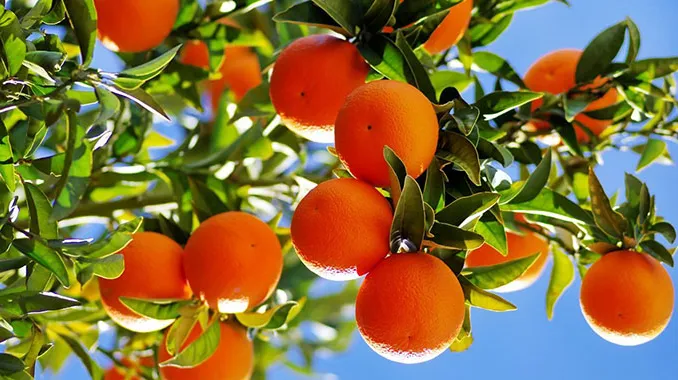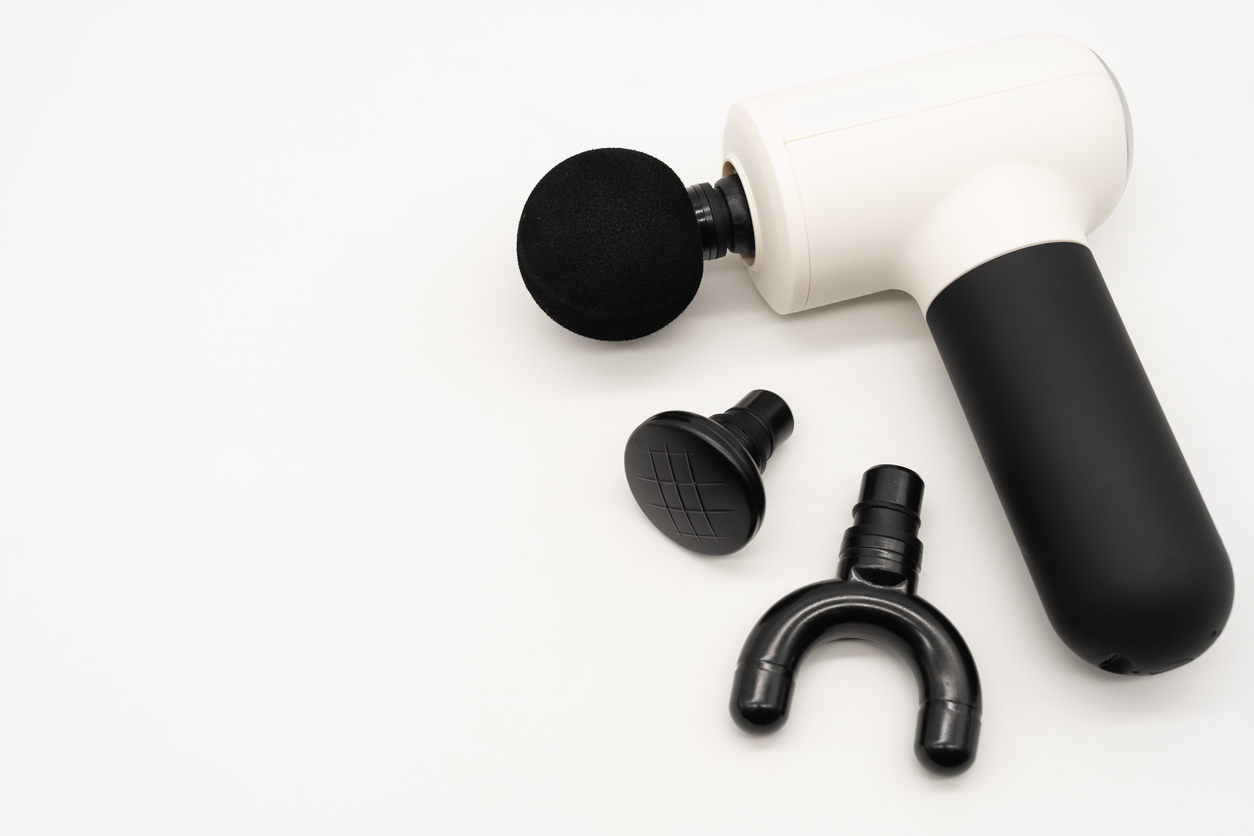How to Export Citrus from Zimbabwe – A Listing Of The Best And Best-Fored Products
How to Export Citrus from Zimbabwe – A Listing Of The Best And Best-Fored Products
You may have heard of the term “citrus greening” and you know that it is a serious threat to citrus gardens in many parts of the world. It has been confirmed that this disease, also known as Huanglongbing or HLB, originated from a bacterium from Sri Lanka in 1992. That being said, it is still not clear how precisely this bacterium was able to survive for so long in nature and affect several citrus species around the world. Nevertheless, the impact on citrus production has been significant and bad news continues to spread about it. Fortunately, there are ways to safeguard your crops from HLB and even increase their yield in some conditions. If you want to learn more about citrates and how they can help your plants fight against HLC here is what you need to know.
What is Citrate?
Citrate is a type of salt that occurs naturally in many fruits and vegetables. It is also used to treat a specific form of kidney stones. This tip is used because of its special ability to act as an emergency food source, in emergency situations where fresh produce is unavailable. It is used as a dietary supplement and can be taken as a liquid or tablet. If you want to know more about the citrates and their properties, then you can read the following section of this article. Citrates are salts that are naturally found in many fruits, vegetables and also in some medicinal plants. These salts are present in the plant in order to protect it from the adverse effects of the environment in which it grows. Some examples of these plants are potatoes and beets. Citrates are also present in other plants, such as watermelons and oranges.
Why is it important to add citrates to citrus plants?
Plants do not have the ability to make their own citrates, so they depend on the environment in which they are grown and the type of water they receive. If the environment is too dry, the plants cannot produce enough citric acid and they will die. Citric acid is essential to keep the leaves healthy and prevent them from being damaged by the sun’s rays. If your citrus plants are not getting enough citric acid, they will become yellow and die. If you want to increase the yield of citrus trees, you can help them by adding citrate to the soil around the trees. The citrate will help the plants produce more citrus fruit and it will also help to fend off citrus greening, a disease that is threatening citrus crops all over the world.
How to add Citrus Citrate to your plants?
Citrates can be added to the soil around your citrus trees. The best time to add the citrate is in spring when the soil is still a bit moist and not too dry. You can add the citrate to the soil in a bed that is outside of your citrus tree’s normal planting area. The citrate can be added to either a sandy or clay soil. If you want to know more about the citrate, then you can read the below-written article. Next, you want to make sure that the soil around the citrus trees is free of any pests or diseases. You can do this by spraying the area with a pesticide or by digging down into the soil with a trowel. Now, you want to water the area down until it is a little bit damp. Next, add the citrate to the soil and water it in with a watering can or hose. You want to make sure that the soil is evenly wet and that it covers the citrate. Once you have added the citrate, you want to make sure that your citrus trees get as much water as possible. In order to do this, you can dig a hole in the soil and place a water well into it. Make sure that the well is deep enough so that it does not stay dry.
5 Best Exports From Zimbabwe
If you are looking for the best exported products from Zimbabwe, then these are the items that you should consider buying: – Ripe African Black Cherries: These cherries are sweet and juicy and they will stay fresh for a long time. – Ripe African Black Cherries: These cherries are sweet and juicy and they will stay fresh for a long time. – African Grapes: These grapes come from the IshaQina Vineyard in Zimbabwe. They have a dark purple color, sweet taste and they have a good balance between acidity and sweetness. – African Grapes: These grapes come from the IshaQina Vineyard in Zimbabwe. They have a dark purple color, sweet taste and they have a good balance between acidity and sweetness. – African Sweet Grapes: The African sweet grapes are ripened on the vine, which means that they have a sweet taste and a low acidity. – African Sweet Grapes: The African sweet grapes are ripened on the vine, which means that they have a sweet taste and a low acidity.
5 Best Reviews Of Product To Buy From Zimbabwe
African Black Cherries: The African black cherries are juicy, sweet and they have a low acidity. They will stay fresh for a long time and they are easy to pick and transport. They are also resistant to pests, which means that they are a great choice for outdoor and commercial citrus growers. Ripe African Black Cherries: These cherries are sweet and juicy and they will stay fresh for a long time. African Grapes: These grapes come from the IshaQina Vineyard in Zimbabwe. They have a dark purple color, sweet taste and they have a good balance between acidity and sweetness. African Sweet Grap 17.95 USD Grape Seed Oil: Grape seed oil is packed with vitamins, minerals and amino acids that are great for the body.
Conclusion
Citrates are salts that are present in many plants and fruits, including oranges and grapefruits. These salts help protect the plants from pathogens that could otherwise harm them or cause them to die. Citrates are also a great source of potassium, which is an essential nutrient that helps to keep the heart, kidneys and muscles working properly. They can be added to the soil around citrus trees to help the plants produce more fruit and fend off the citrus greening disease. Now that you know more about the citrates and how they can help your citrus trees, you can protect them from the citrus greening disease and increase their yield by adding citrate to their soil.








LEAVE A COMMENT
You must be logged in to post a comment.